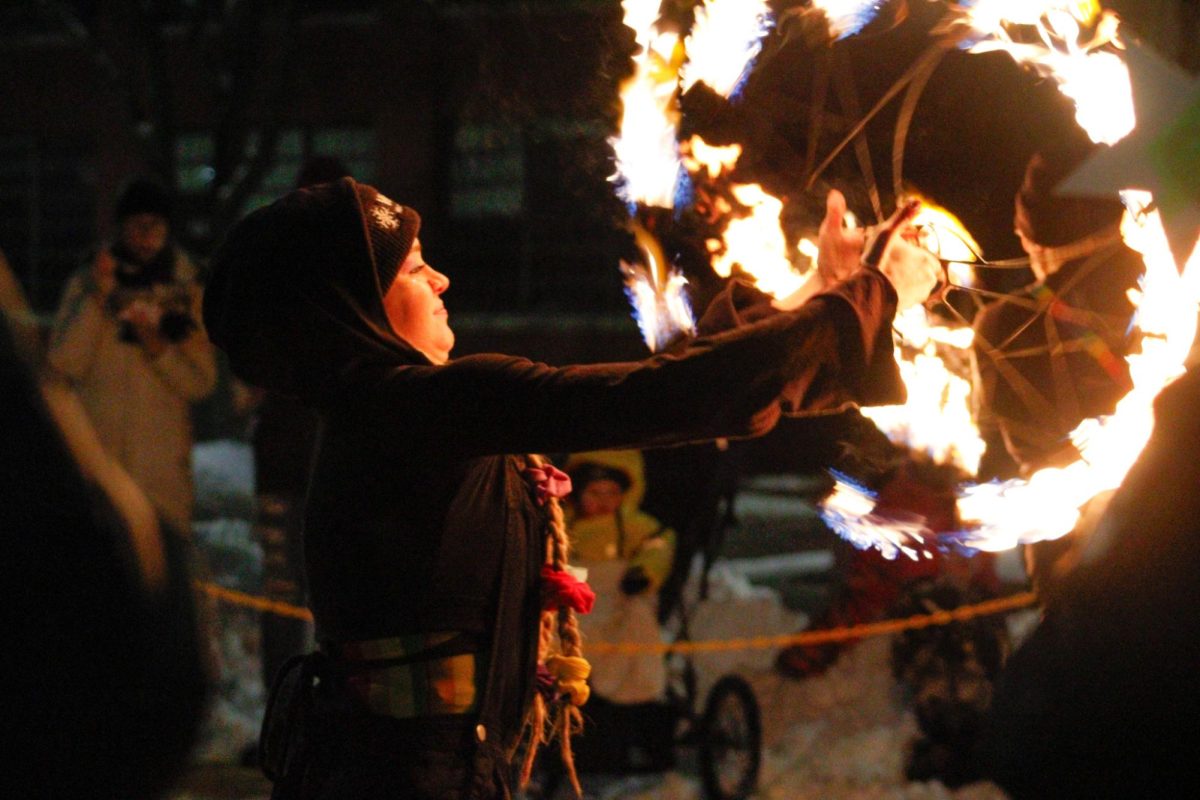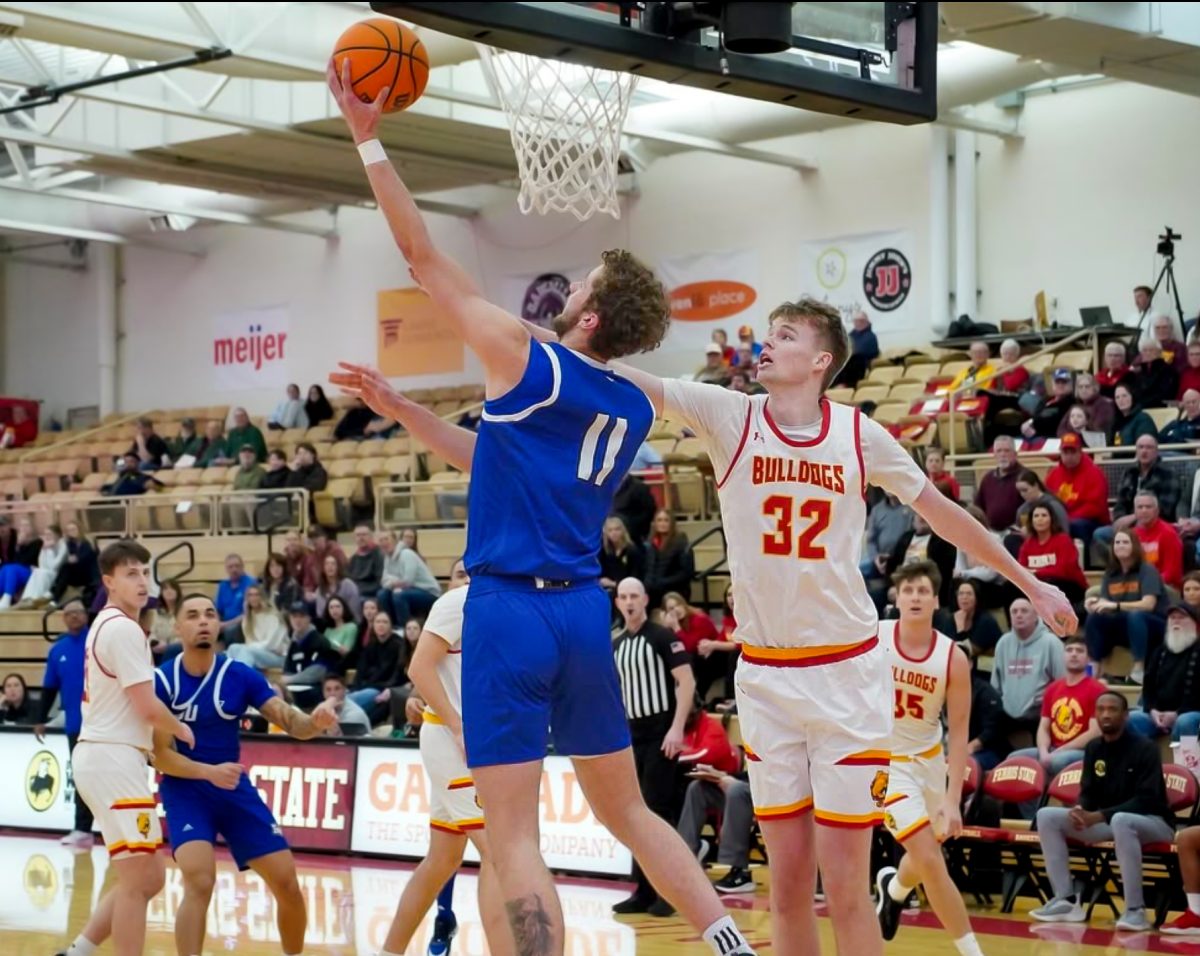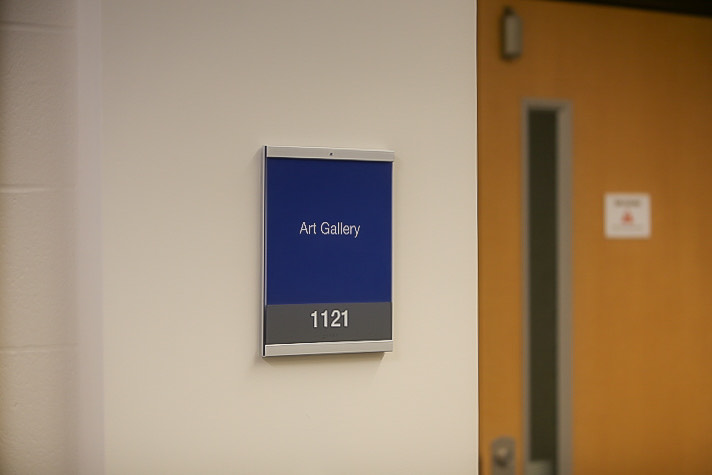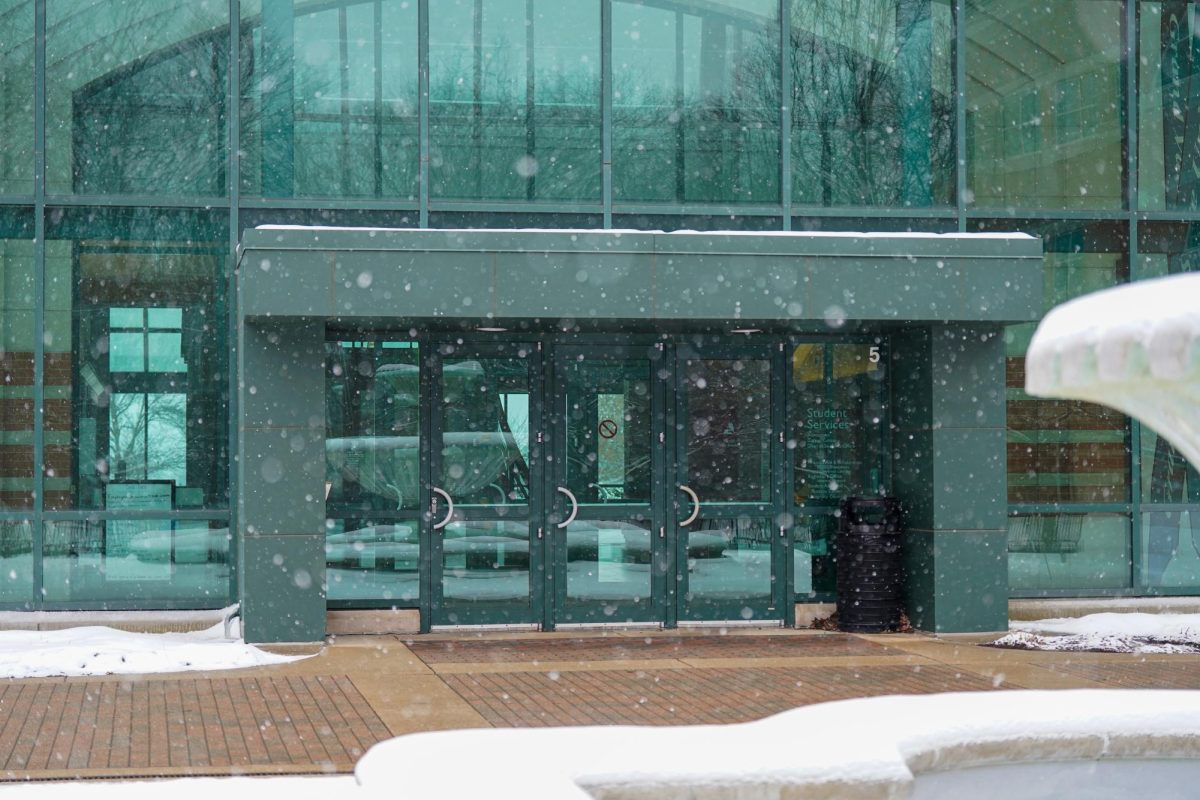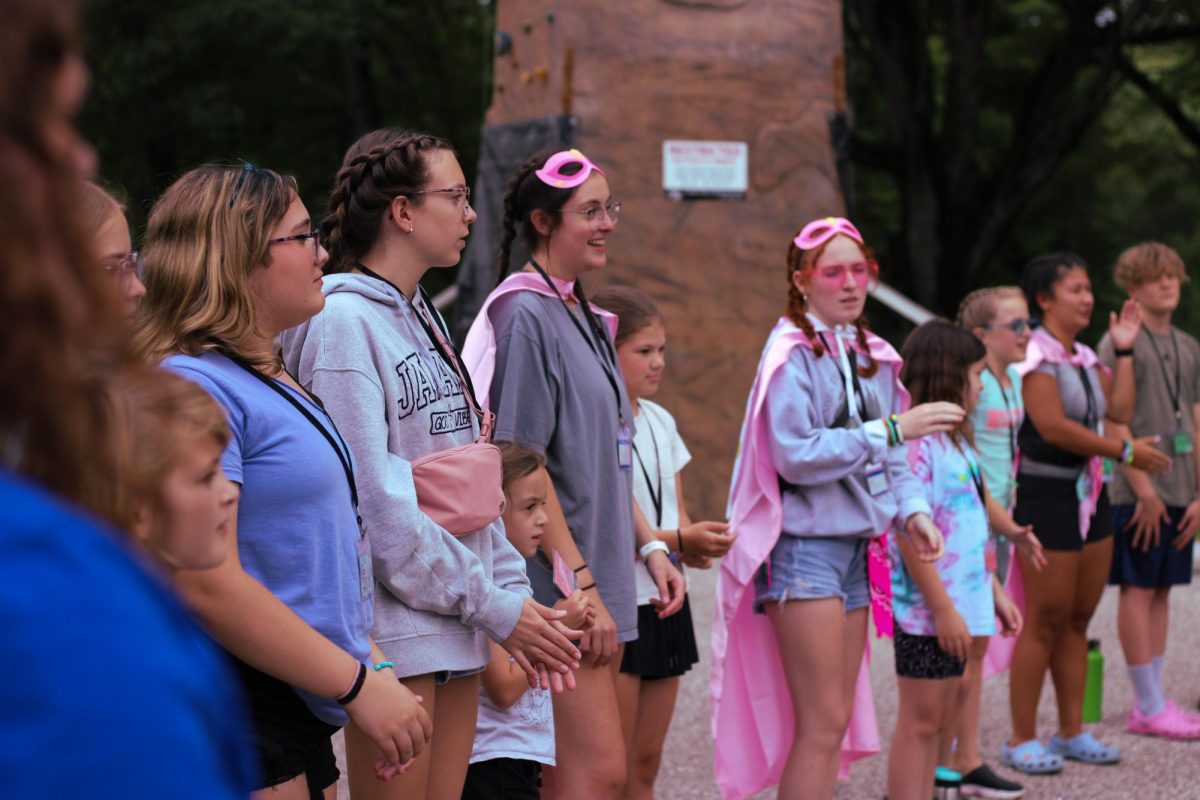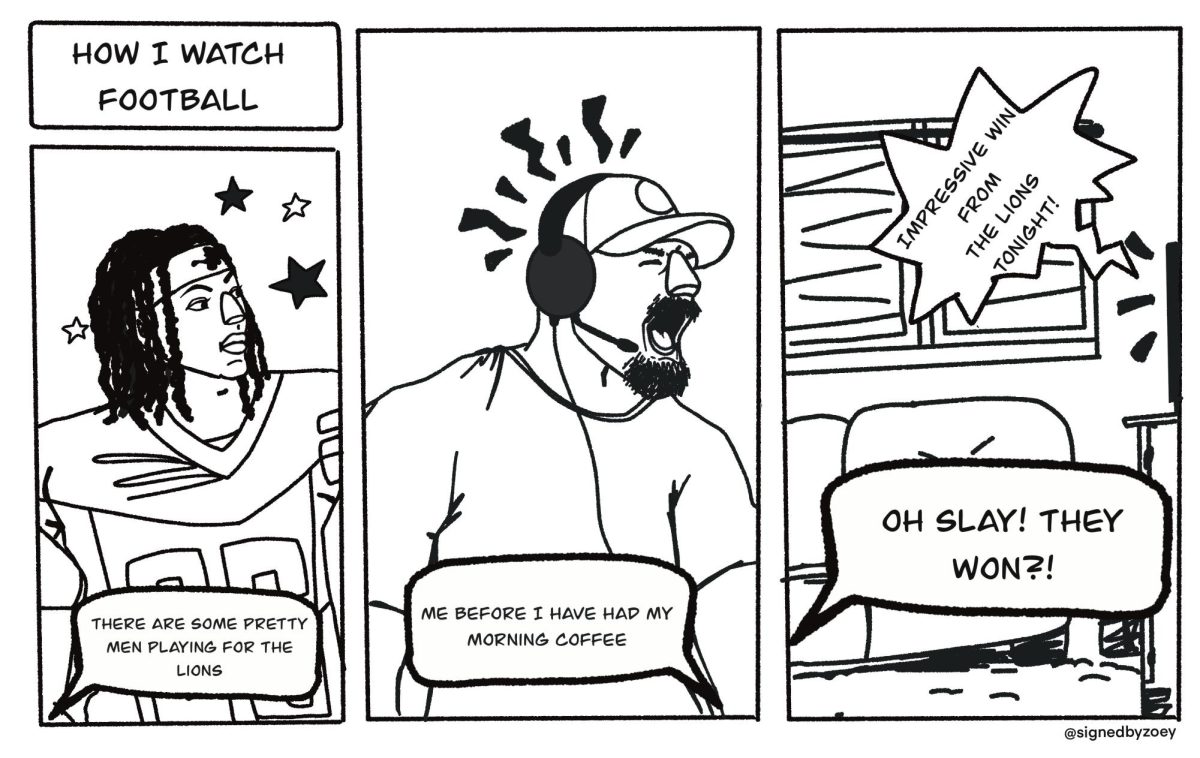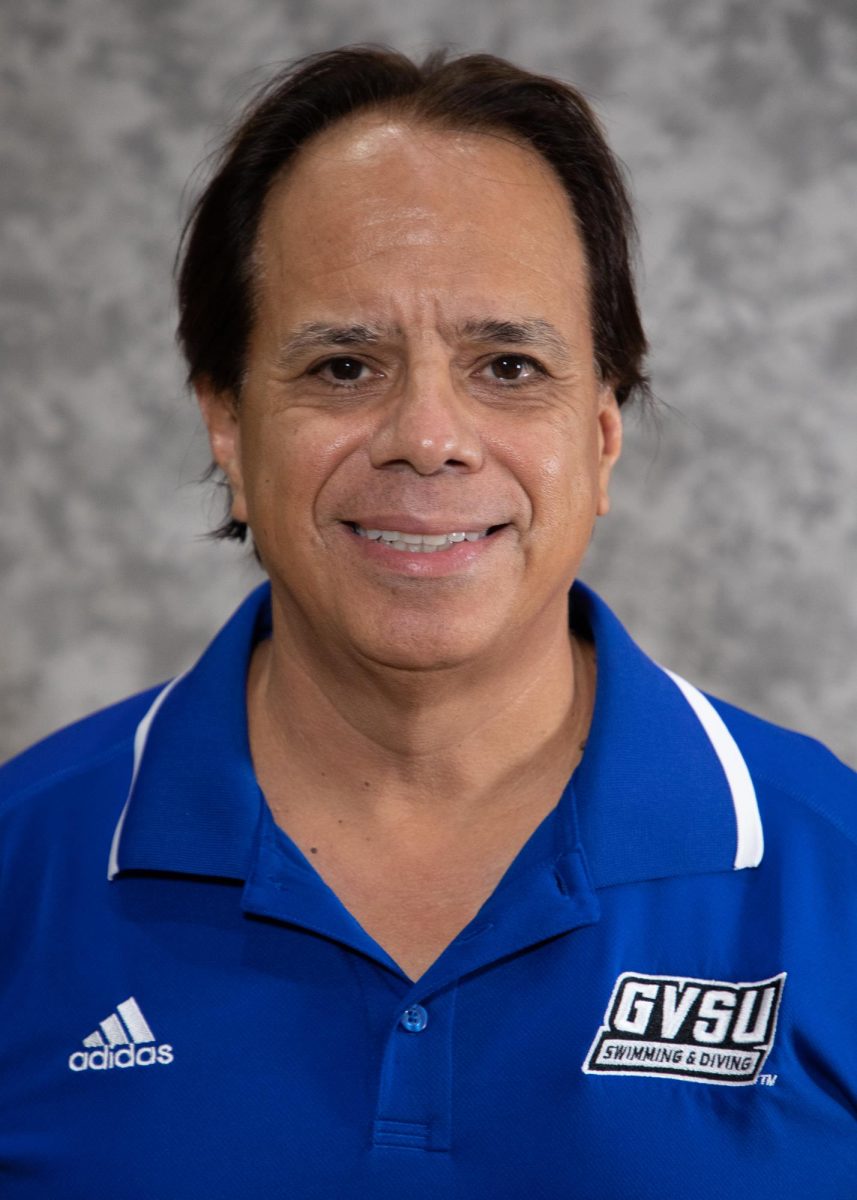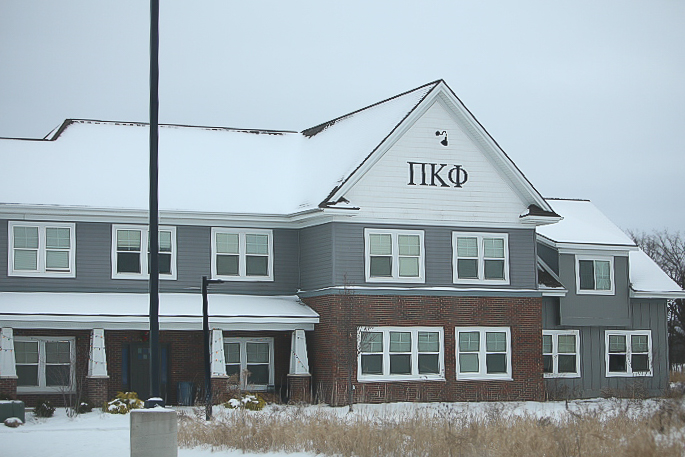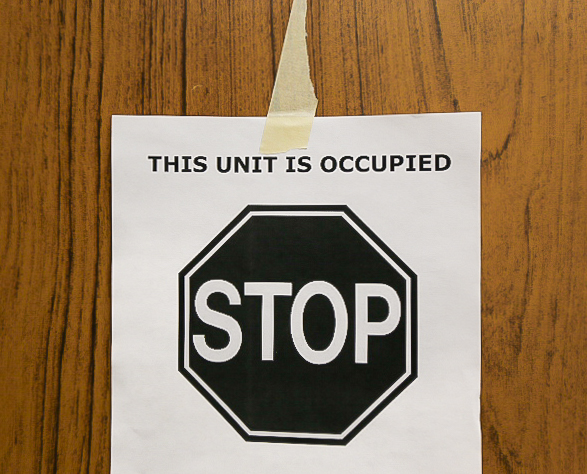Preventative measures
Jan 20, 2011
For the past few weeks after the Tucson, Ariz., shooting tragedy on Jan. 8, which left six people dead and 14 others injured, reports have flooded media outlets detailing U.S. Rep. Gabrielle Giffords’ (D-Ariz.) continued, and rather miraculous, recovery after suffering a bullet to the head. The encouraging news of her recovery, however, has been coupled with some rather troubling details regarding the history of the suspected gunman, Jared Loughner, 22.
While attending Pima Community College in Tucson, Ariz., Loughner maintained a rather troubling behavioral pattern, especially in August and September of last year before eventually agreeing to withdraw in October. Ben McGahee, a third-year instructor at the community college, told the Washington Post that Loughner had displayed peculiar behavior on several occasions, from yelling out a random number and saying, “How can you deny math instead of accepting it?” on the first day of class, to writing nonsensical answers on tests.
“I always felt, you know, somewhat paranoid,” McGahee told The Post. “When I turned my back to write on the board, I would always turn back quickly – to see if he had a gun.”
According to The Post, McGahee said he made several appeals to administrators to have Loughner removed from the class, but administrators did not act until Loughner came into the class, pointed to a copy of the U.S. Constitution and said, “You’re violating my First Amendment right of free speech.”
The final straw, a video that Loughner recorded while walking to various areas of the campus and posted on YouTube, prompted administrators to suspend him and eventually force him to withdraw.
To simply release Loughner into the public, however, was an irresponsible move on the part of the college. Sure, it is an easy point to make that Loughner should have been turned over to some sort of psychiatric care, but based on his actions at the college alone, Pima should have at least put in an advisory recommendation to the police, a psychiatrist or some authoritative figure that he was demonstrating a troubling behavioral pattern. Someone should have been watching him from the moment he left the campus.
This brings into question whether or not it is a college or university’s responsibility to keep an eye on potentially violent or radical individuals even after they graduate or leave. While it may not currently be within the power or interest of a college or university to keep tabs on such individuals, they can at least transfer information on such individuals to those with whom that power resides.











